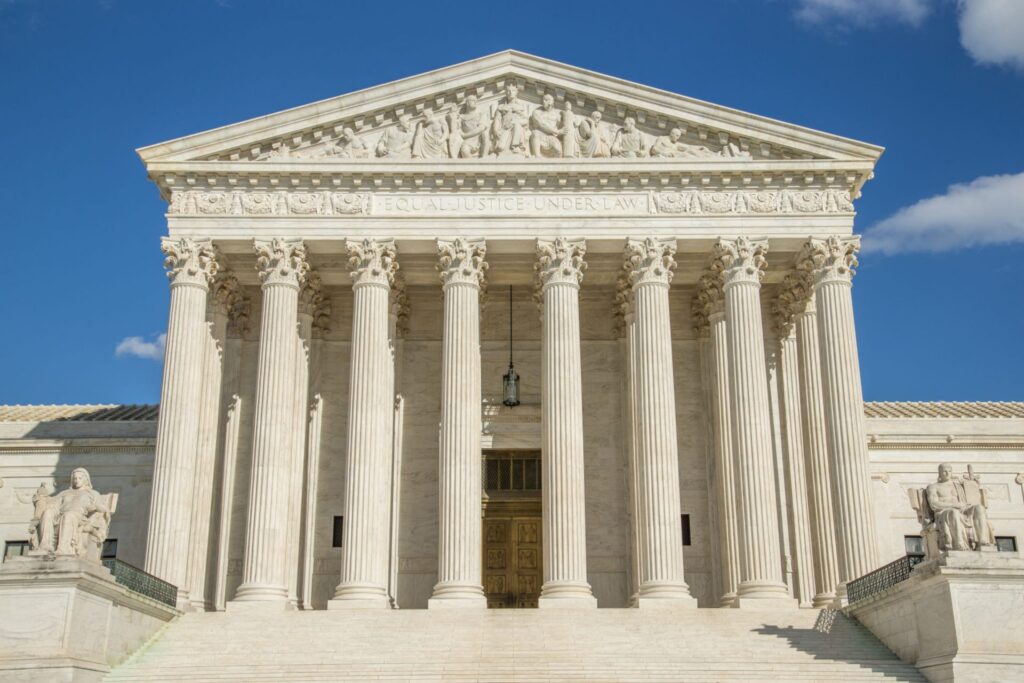A new decision on an old case from the Supreme Court of the United States makes it more difficult for criminal defense attorneys to do their jobs by allowing prosecutors to withhold crucial evidence under the guise that it’s not “material” enough for disclosure.
The Case of Turner v. U.S.
The case all started back in 1984 when a woman, Catherine Fuller, was found dead in an alley by a parking garage in Washington, D.C. Seven young men, including Christopher Turner, were arrested and convicted for her murder one year later. Prosecutors managed to convince a jury that the seven teens attacked Fuller as a group in an attempt to rob her, but that the robbery went awry.
In 2010, though, new details began to emerge that might have changed things at trial. Prosecutors had found several witnesses who claim to have seen one man – not a group of teens – in circumstances that suggested that he was the one who committed the murder. Additionally, prosecutors had found reasons to doubt the testimony of several of the witnesses that were crucial in the convictions of the seven teens. None of that evidence, though, had been disclosed to the defense teams because prosecutors had decided that it wasn’t important enough.
Brady Rules and Evidence Disclosure
Under the Brady Rule, prosecutors are supposed to disclose evidence that is favorable to the defense. However, only evidence that is “material” – that which has a “reasonable probability” of changing the outcome of the trial – needs to be disclosed.
The post-conviction defense team argued that the prosecutors in Turner were obligated under the Brady Rules to disclose this evidence of a potential single attacker – it would have opened up a whole new line of defense for the defense lawyers to pursue. Instead of each defendant pushing blame onto the others – effectively undermining the defense of all of them and helping the prosecution – they all could have stressed, in one unified voice, the possibility that the murder was committed by someone else, entirely.
Supreme Court Hails Brady Rules But Sides With Prosecution
Since the 1985 trial, the state prosecutors’ office that was involved in the case had changed its Brady policy: Now, it discloses any evidence that the defendant “might wish to use.” While the Supreme Court praised this policy, saying “this is as it should be,” it went on to side with the very Brady policy that had been changed, deciding that the withheld evidence was too attenuated from the prosecutor’s case to be material enough for a Brady disclosure. The ruling, of course, misses the whole point – the evidence should have been disclosed precisely because it was outside the realm of the prosecutor’s case.
While some analysts argue that the Turner decision is not a change in the law, it nevertheless serves as a benchmark for what amounts to “material” evidence for a Brady disclosure. This benchmark is not a good one for defense attorneys and their defendants.
Maine Criminal Defense Attorney William T. Bly
If you’ve been charged with a crime in the state of Maine, call the law office of William T. Bly at (207) 571-8146 or contact his law office online.


